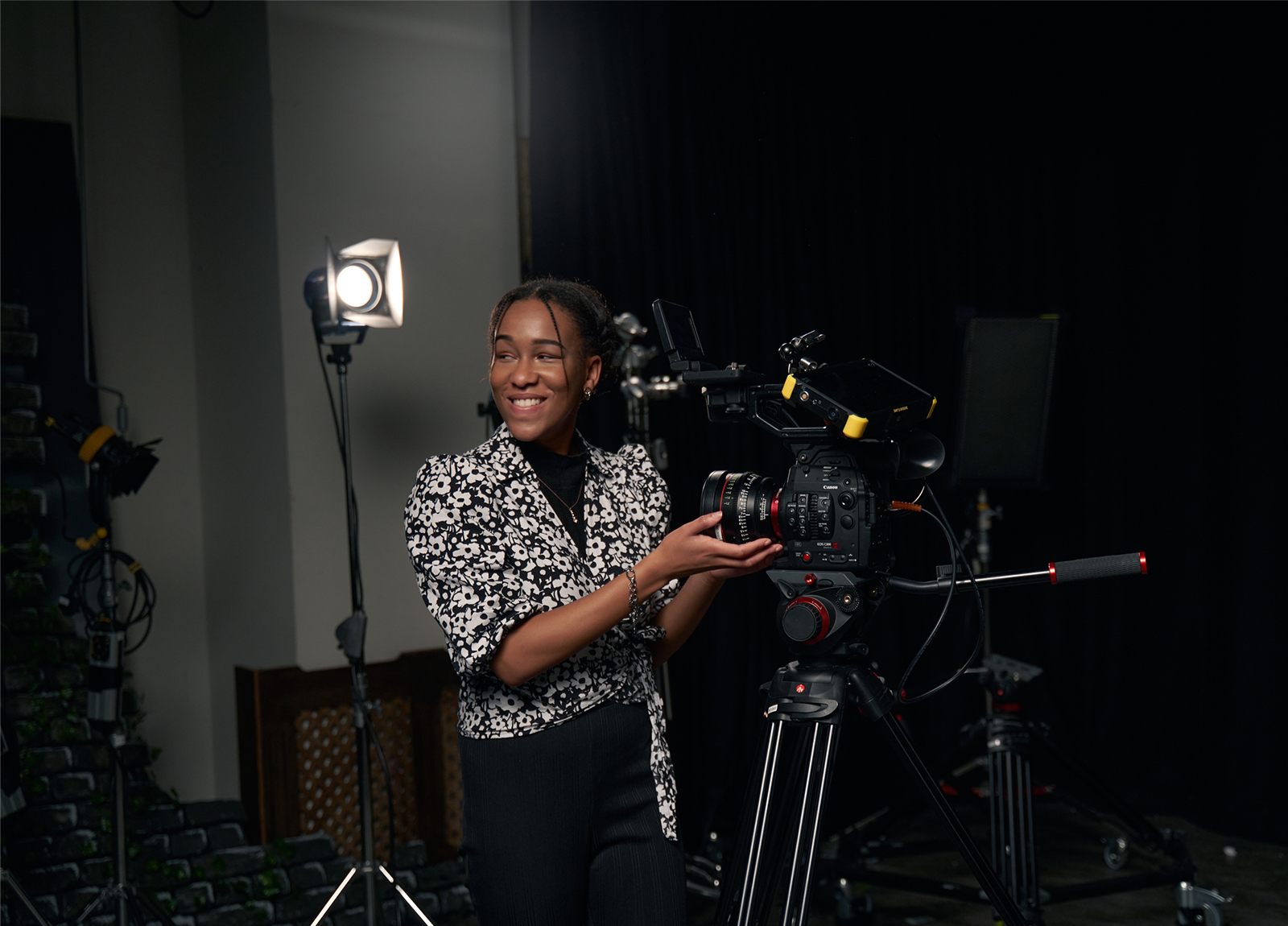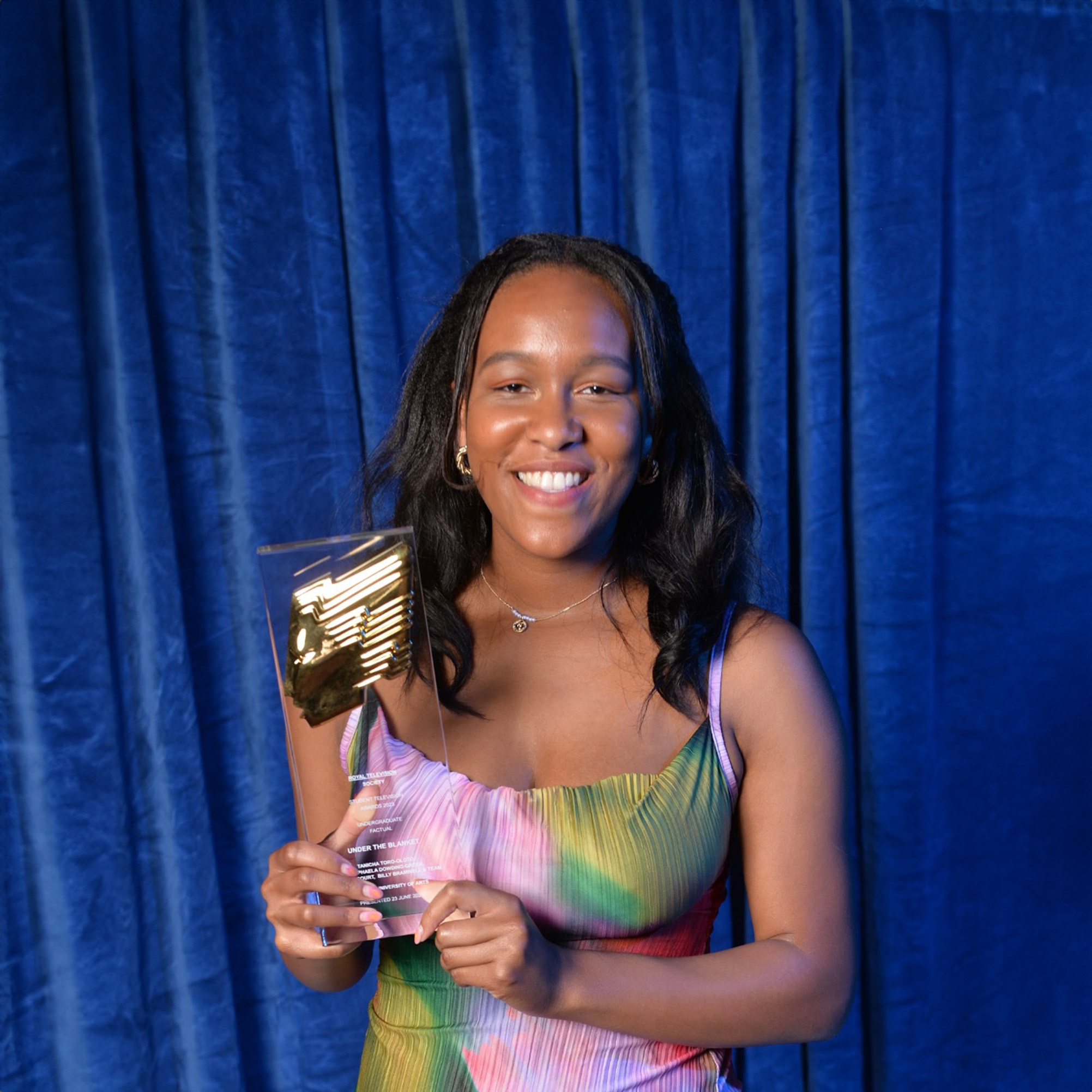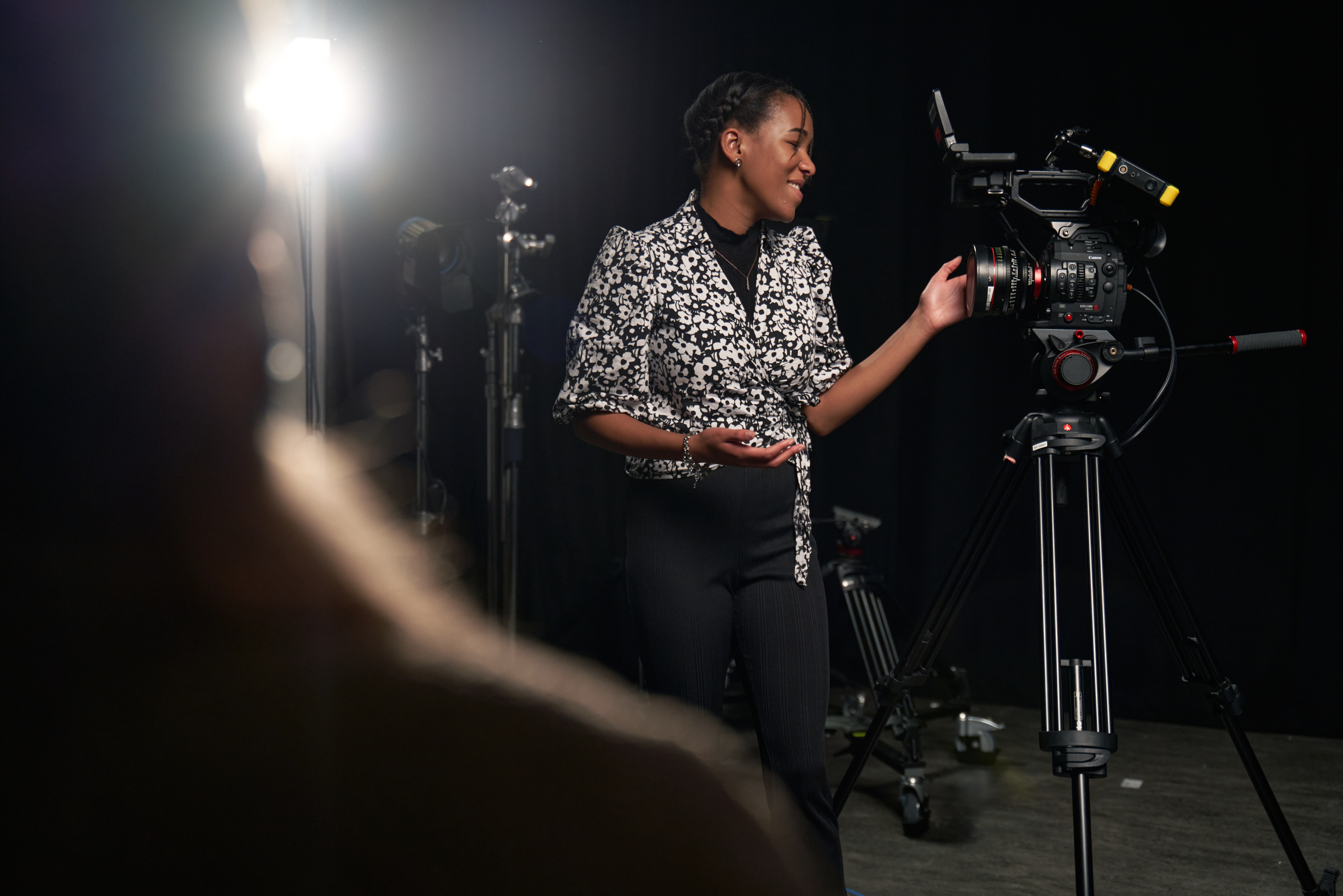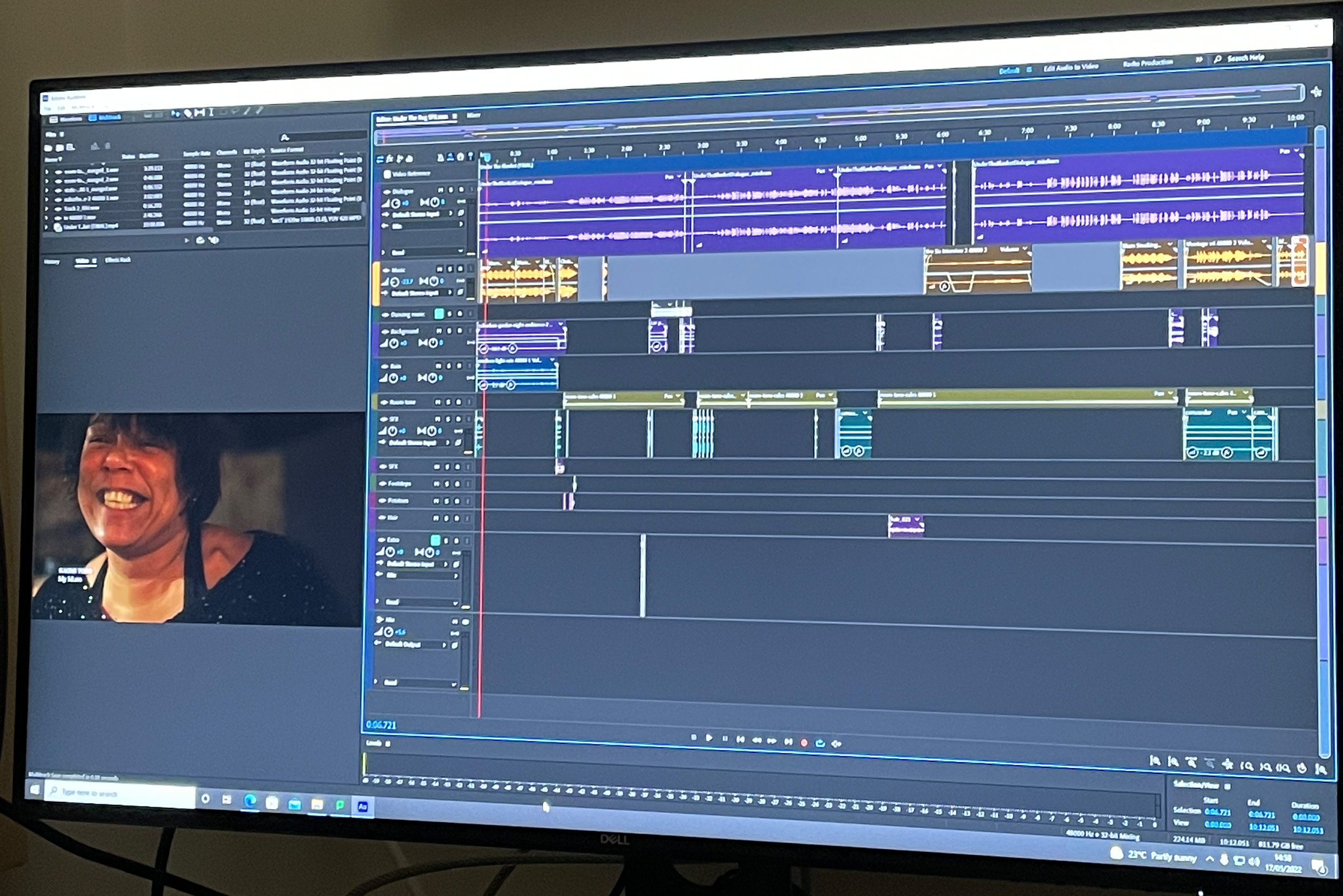In conversation with: Tanicha Toro-Oloto, BA Film and Moving Image Production graduate
Tanicha Toro-Oloto graduated from BA (Hons) Film and Moving Image Production at Norwich University of the Arts in 2022. This year she became the first Norwich graduate to win a national Royal Television Society Student Television Award, for her documentary ‘Under the Blanket’. She is now a Development Researcher for HiddenLight, a production company specialising in documentary, scripted and unscripted entertainment for TV, film and digital.
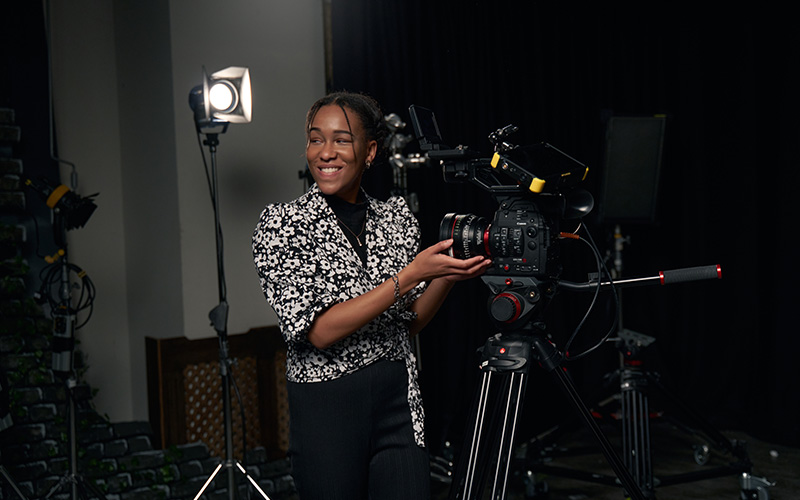
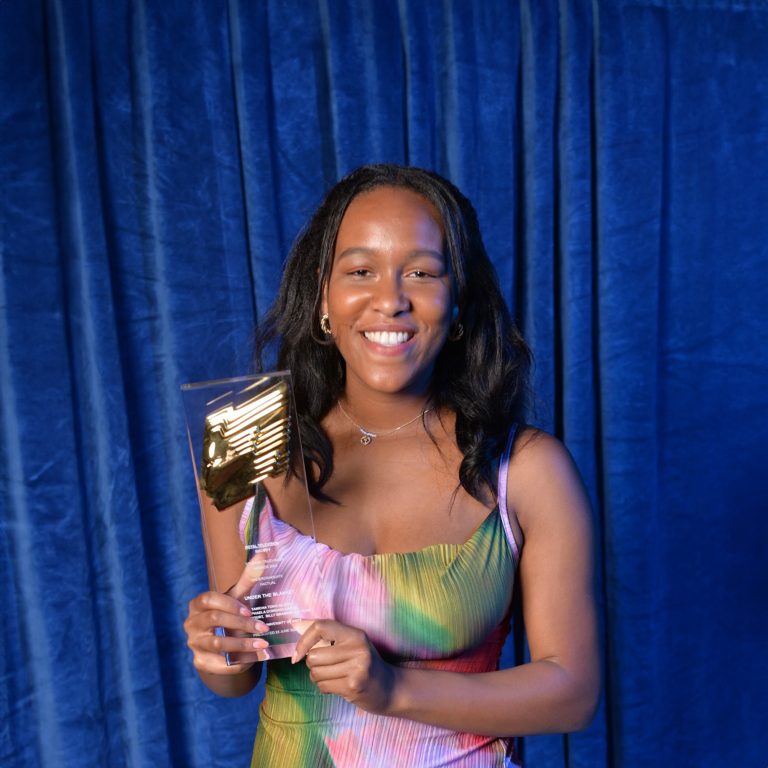
Tell us about your RTS Award winning film ‘Under the Blanket’. What’s it about and what inspired it?
Under the Blanket is a short documentary about my dysfunctional family, as we come to terms with my mother’s incarceration and the complicated relationship we all have with her. The core themes are trauma, family and the rippling consequences of one devastating decision. From the age of 11 I grew up with my grandparents and I struggled with the sense of belonging. I was always curious about our family dynamics and the rift of unconventional relationships.
I started filming observationally over Christmas to ensure they were comfortable on camera and slowly the story started to weave itself. I hadn’t seen a family on screen that looked like mine which is why I was scared to make it, but it was all the more reason to make it. It still doesn’t feel real winning the RTS student award and to be the first from Norwich to get through to the National Awards and winning is mind-blowing.
What has been your experience working for HiddenLight Productions? How did you find and secure your role?
I have been working at HiddenLight as a Junior Development Researcher since September 2022. I started researching for jobs early and applied to a lot of schemes including Channel 4 and the Grierson DocLab. When I had my first interview I was so nervous and devastated at getting my first rejection, but around the corner was a better fit for me. I was accepted onto a PACT scheme that provided a 6 month internship with HiddenLight Productions, and they kept me on ever since, which I am very grateful for.
The scheme also provided regular training and workshops including camera training, budgeting and how to come up with ideas. Working at HiddenLight has been great for my learning and I love their core values, being a predominantly female company. I have an amazing mentor who I met with fortnightly, and since they are a small Indie you get to know everyone in the company. Everyone is really positive and encouraging with my development.
What does your role involve?
My job role is Development Researcher and my job is to help aid producers across multiple projects, coming up with ideas for factual shows and documentaries. My week consists of meetings, brainstorms and looking into potential story leads or timelines. The fun side is watching and digesting a lot of content such as sizzle tapes, podcasts or films. But there is also the admin side of things, such as collecting data about what is being commissioned and by who. I have also started to work on presentation slide decks and pull footage to make our own sizzles, which we send to broadcasters and streamers.
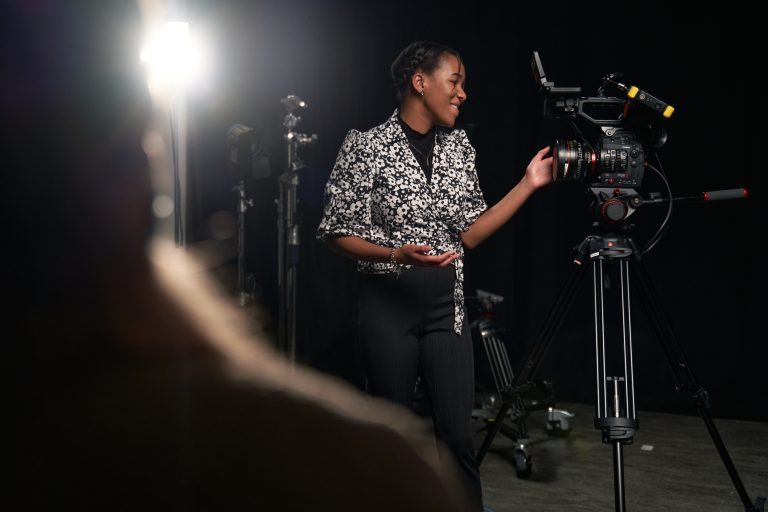
Where do you find inspiration? Are there any filmmakers or other artists that you particularly look up to?
My work is very personal and I have always taken interest in my upbringing and the experiences that have shaped who I am today. I love going to film festivals and I volunteered at Edinburgh TV festival, which is great for networking, and I love Sheffield DocFest. Being in a room full of people who all have the same passion as you is empowering and you always meet so many wonderful people.
Two of my favourite directors from this year at Sheffield were Andy Mundy-Castle who directed White Nanny Black Child, a heart-breaking doc about ‘farming’, where West African children were fostered unofficially by white British families between 1955 and 1995. It explores themes of identity, family and belonging with deeply moving personal stories. I also love Amanda Mustard who co-directed Great Photo, Lovely Life, a film about sexual abuse committed by her grandfather that takes viewers on a personal journey in pursuit of the truth and reconciliation for her family.
What advice would you give to current students and graduates?
It is so hard to map out your career when you have just graduated, so do a lot of research into the areas you are interested in. ScreenSkills’ career maps are a great tool to find out a bit more about different roles and the pathways to them. Everyone’s journey is different so try not to compare yourself. As long as you are proactive, something will come your way. You won’t be directing Hollywood movies straight off the bat but the skills and networking you do along the way will not rule out your chances.
When I first started reaching out to people I felt awkward, like I was unimportant and taking up their time. But people do want to hear from you, and the skills you have that could benefit them too. Always follow up with people, as chances are they have missed your email being so busy or your email could’ve landed in their spam.
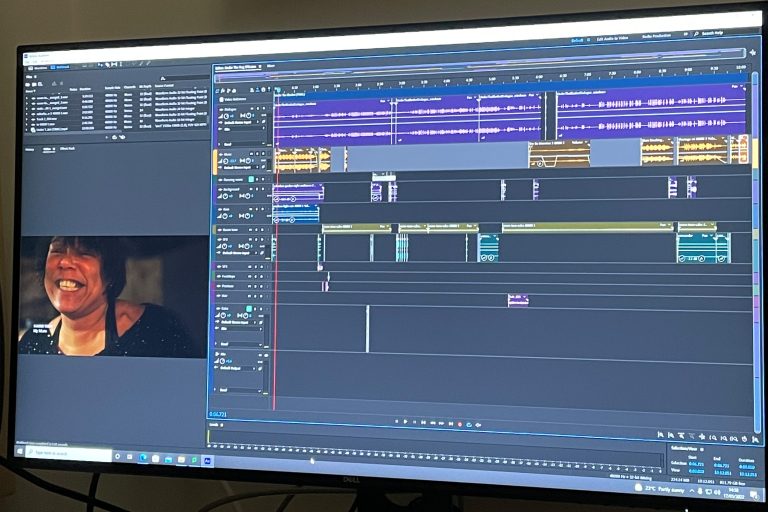
Why did you choose to study at Norwich University of the Arts?
I fell in love with the city and university the very first time I went for an open day. The ambassadors were very nice and friendly. I loved the resources the university had to offer and the fact that it was a practical based course. The city felt safe and was bursting with creatives. You can’t beat all the independent shops, markets and endless cafes to choose from. And the fact that there are three Wetherspoons too?! Sold!…Only kidding dad.
How did your time at Norwich help prepare you for employment in the television industry?
All of the pre-production, shoots, post-production and (sometimes) tight deadlines are all reflective of the industry. When I first started in Development I remember asking if we work on one project at a time and being met with a chuckle. You are required to have great time management and manage multiple projects at once – just like you learn at university. The lecturers were always so supportive of my projects and on hand to answer questions to ensure my work reached its maximum potential. It was great learning from industry professionals and hearing about their own creative process.
The careers and employability team were also a huge support in helping me with my CV, applying for schemes, drafting emails to production companies and preparing me for interviews with mock questions. A huge thank you for always giving me notes for my applications which eventually lead to the position I am in now. I would advise using the employability team as much as possible, whether you know what you would like to do or not. They’re even there to help after you graduate.
Gallery
Other interviews
-

In conversation with Norwich’s newest lecturers in Marketing and Business Management
-

Dear future international students – Diya Vaya, BA (Hons) Film and Moving Image Production
-
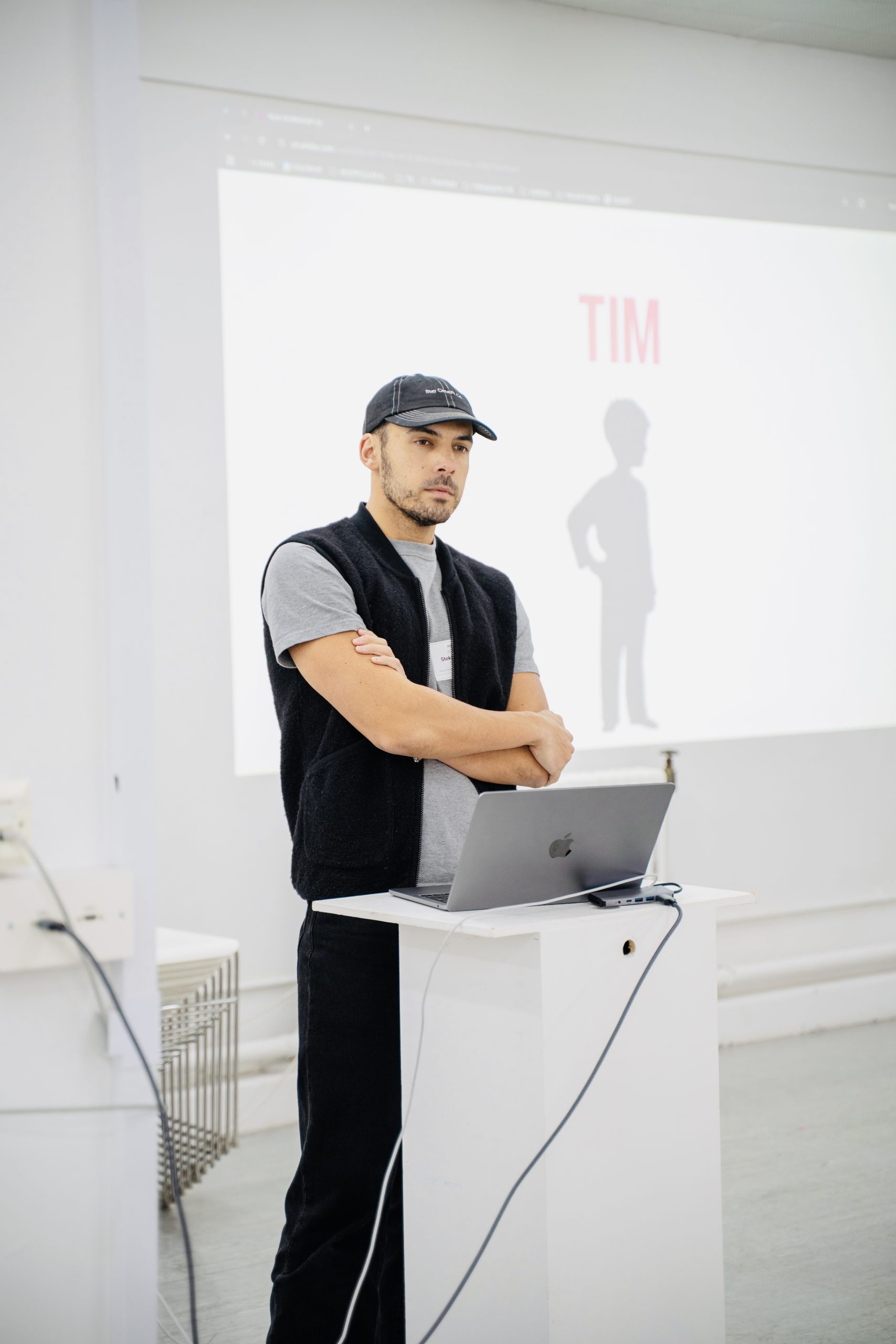
Inside Interchange Week with Stokely Howard of Trendy Grandad
-

Shape Shift Converse Rework: Authentic co-creation of art in mental health settings
-
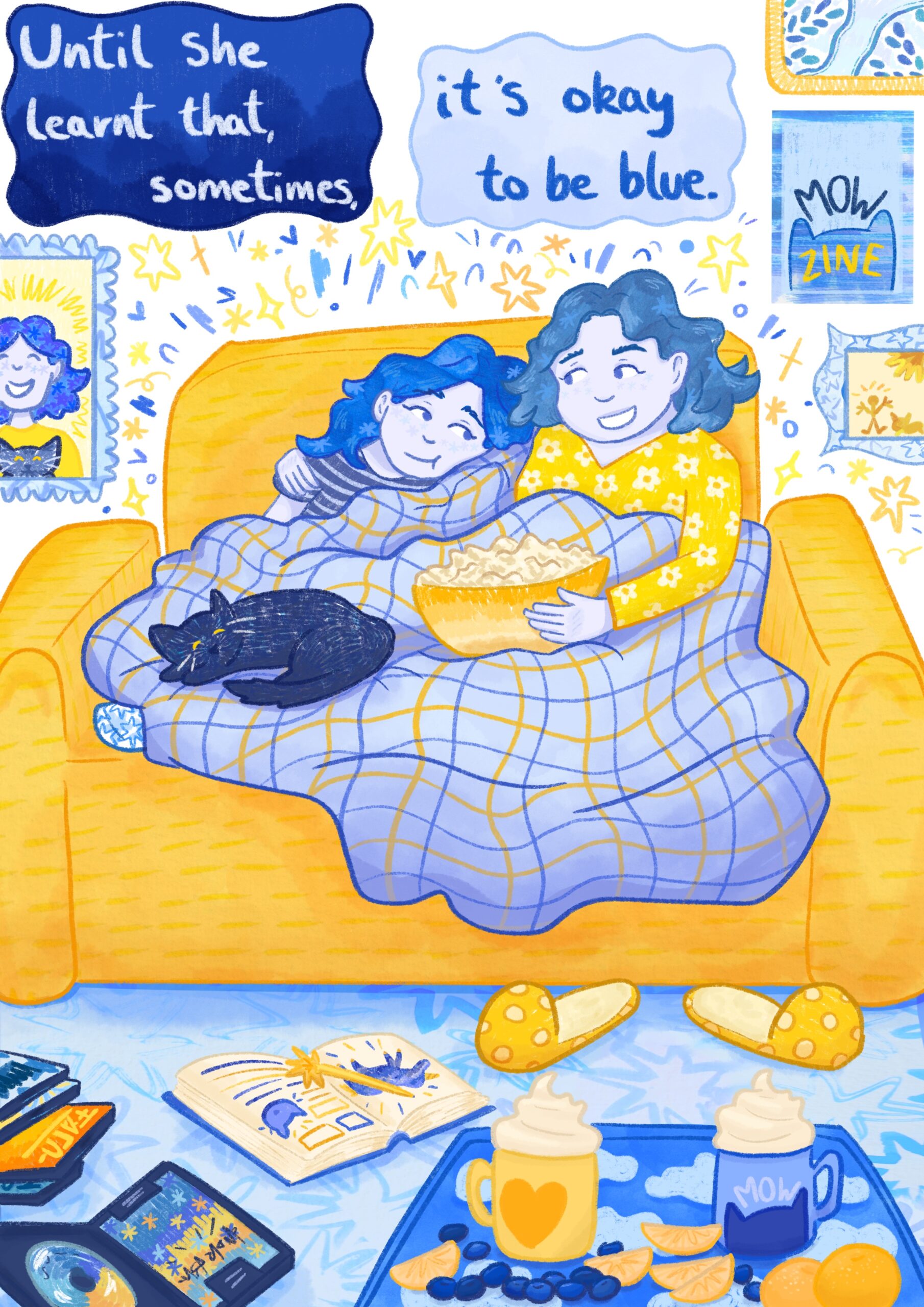
In conversation with Gabriella Mason, BA (Hons) Illustration
-
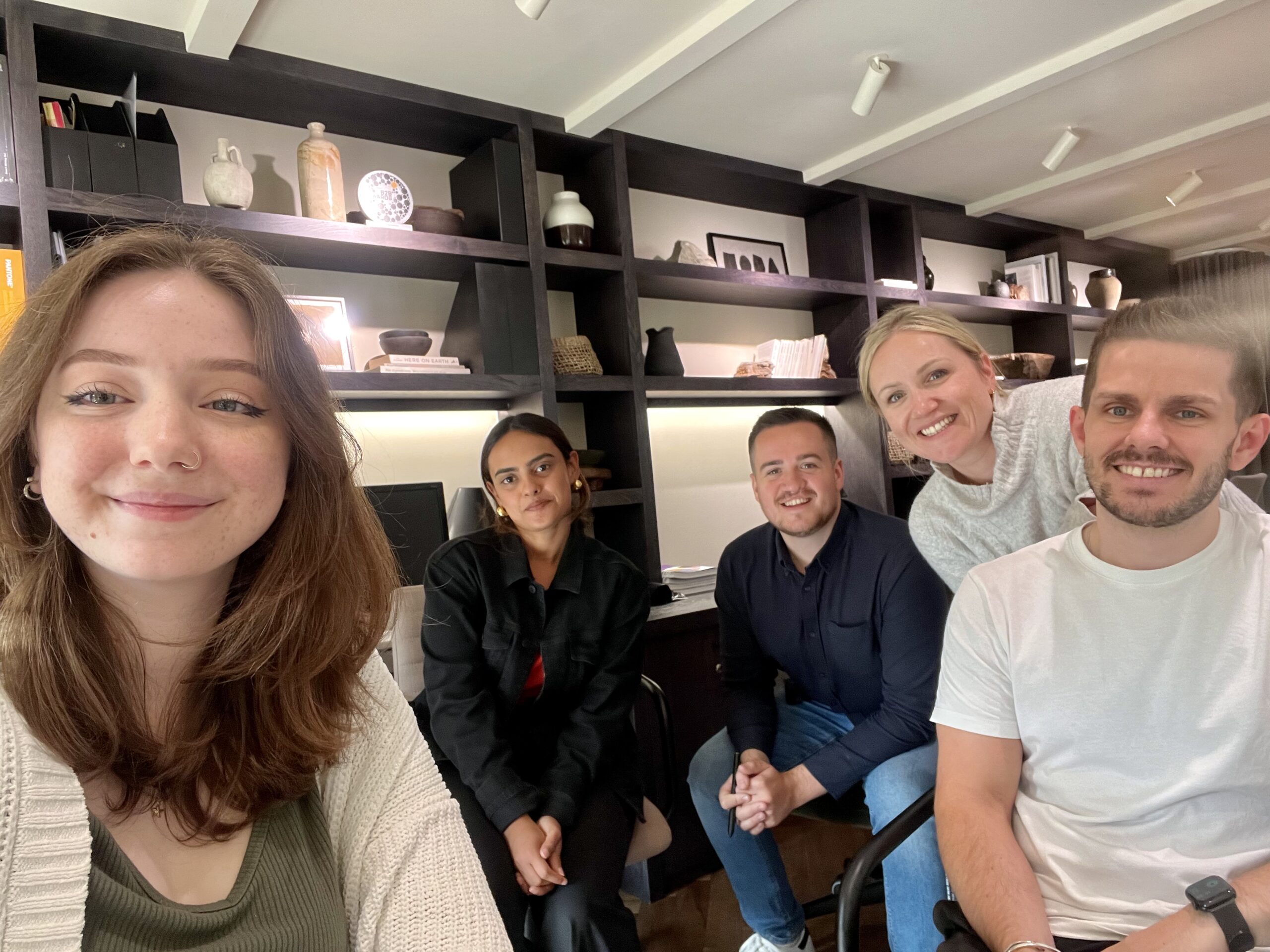
In conversation with Cassie Muskett, BA (Hons) Graphic Communication
-
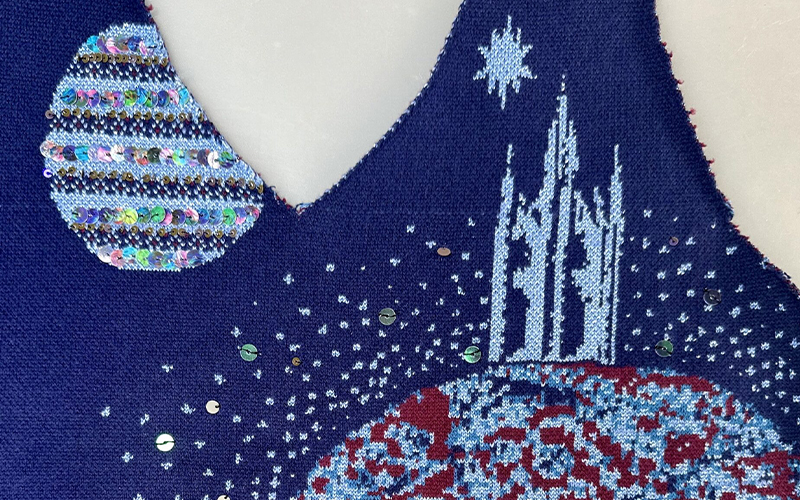
Embracing AI in Textile Design: A journey of creativity and collaboration
-
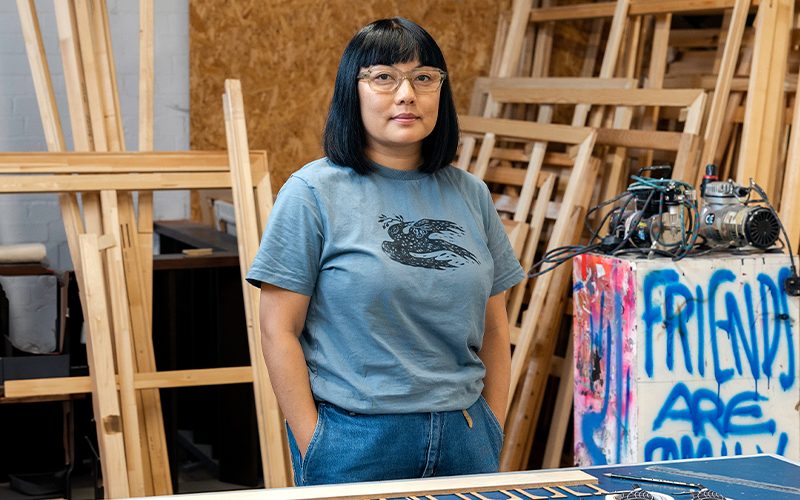
In conversation with: Alice Lee, BA (Hons) Illustration lecturer
-

In conversation with: Lucien Kelman, BA (Hons) Animation
-
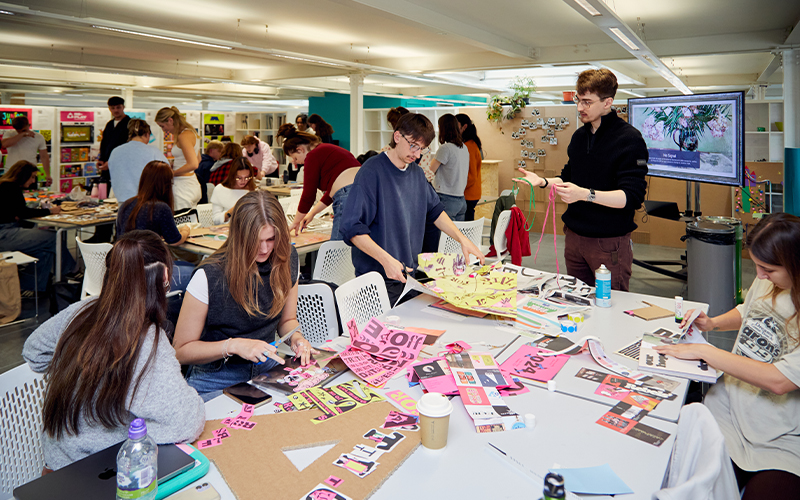
In conversation with: Sam Butler, BA (Hons) Graphic Communication
-
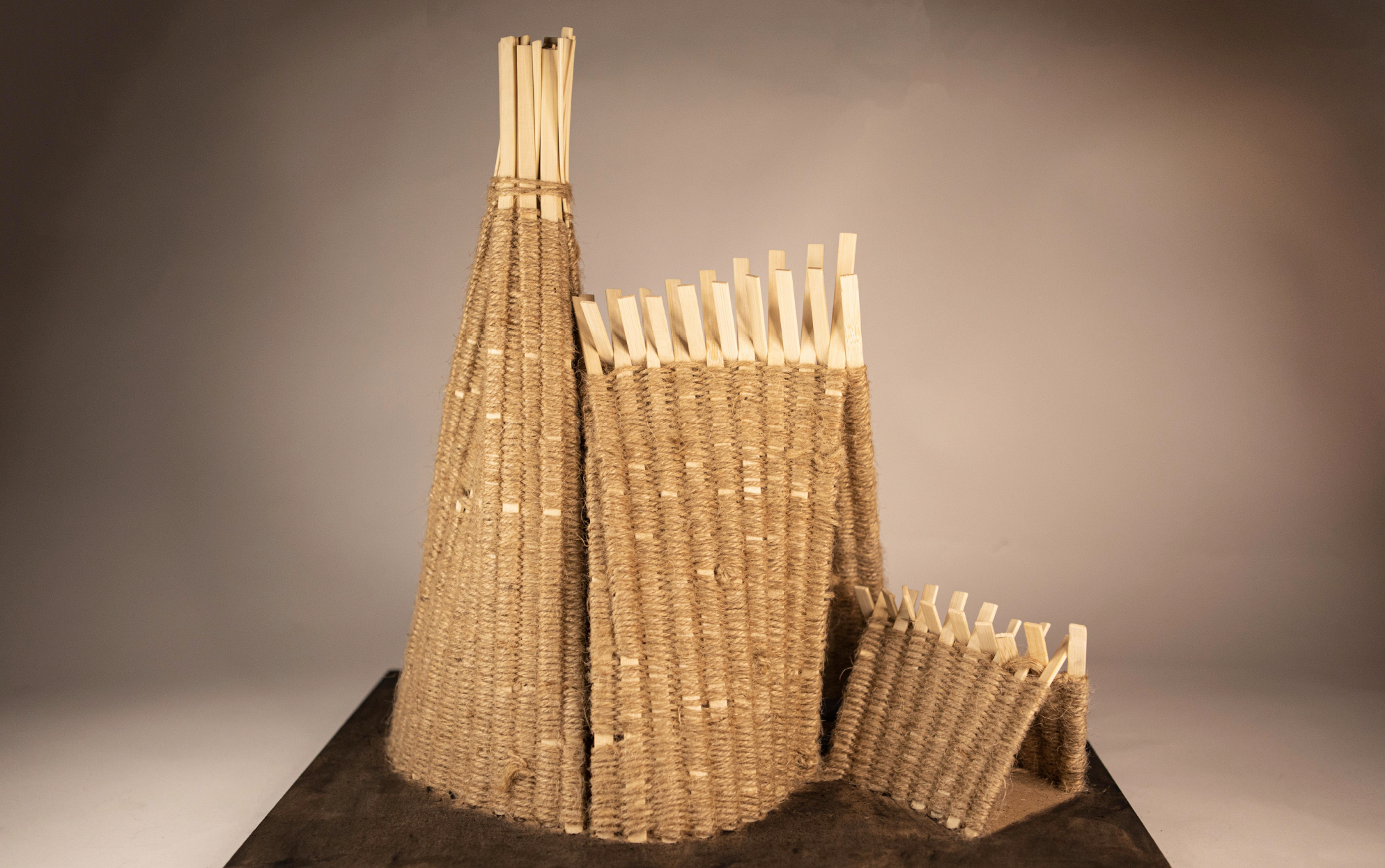
In conversation with: Tracey Lin, BA (Hons) Architecture student
-
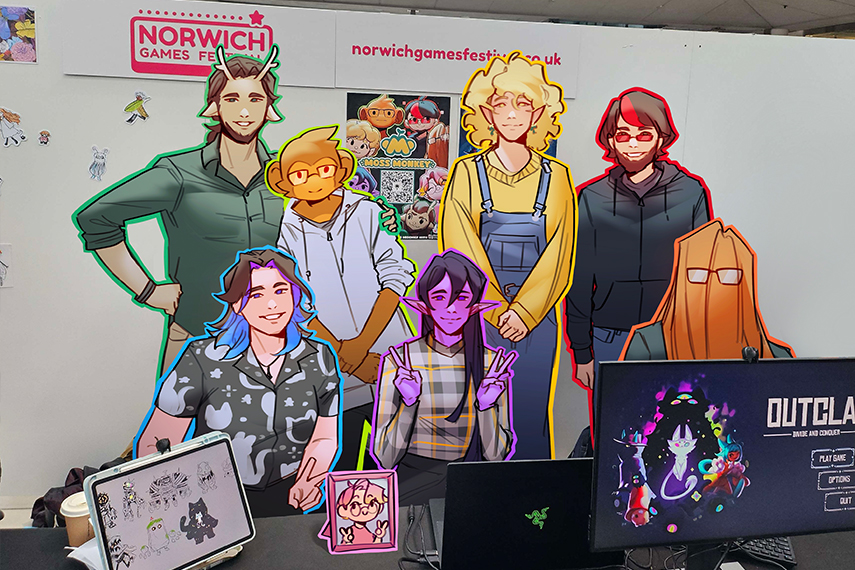
In conversation with: Iz Head, BA (Hons) Games Art and Design
